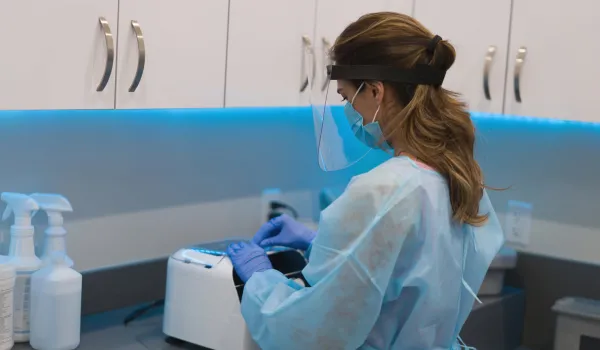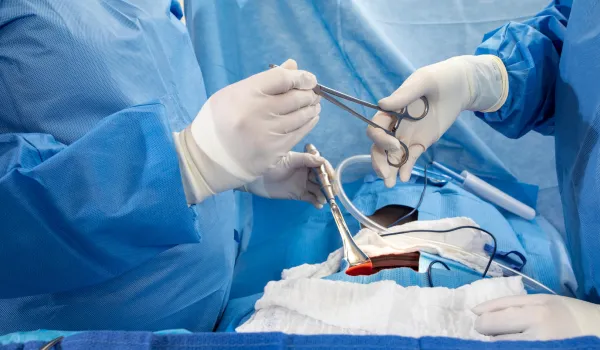Concorde Staff

Halitosis affects more than 80 million people, reports the Academy of General Dentistry. However, a variety of oral problems, such as periodontal disease and tooth decay, may cause halitosis - or bad breath. The causes of bad breath often define the best course of treatment, which may include seeing a dental hygienist, addressing decaying teeth and performing better dental hygiene at home. Here's what you need to know about halitosis and what you can do to fight it.
CAUSES OF HALITOSIS
The direct causes of halitosis vary from person to person. Some people have an increased risk for developing bad breath, reports the Mayo Clinic, from the following factors:
- Food - Bad breath may be caused from food particles around and between your teeth. These food particles may accumulate on your tongue as well. Furthermore, some foods release odors after being ingested, such as garlic, onions, and spices.
- Tobacco - Smoking or chewing tobacco causes foul odors in the mouth. However, using tobacco may lead to gum disease and other dental problems, which will cause bad breath.
- Poor dental hygiene - Not brushing and flossing daily allows bacteria to grow and produce the odors of bad breath. If you have dentures, they harbor the same bacteria.
- Dry mouth - Although dry mouth occurs naturally during sleep, dry mouth contributes to the growth of bacteria and the release of the odors. Some medications may cause dry mouth, and therefore, contribute to bad breath.
- Infections - Dental infections from pulled teeth, dental injury, or dental surgery may cause bad breath.
FIGHTING HALITOSIS
The first thing to do in the fight against halitosis is to recognize you have a problem.
- Perform dental hygiene at home - Brush and floss daily, even if you do not notice any symptoms of bad breath. Brushing and flossing helps to lower your risk of developing dental problems, gum disease, and other medical issues.
- Use medicated mouthwash - You may want to consider adding a mouthwash with cetylpyridinium chloride or chlorhexidine to help kill bacterial growth, explains the Mayo Clinic. However, some of the mouthwashes may require a prescription from a dental hygienist.
- Avoid foods known to cause bad breath - If certain foods, such as those mentioned above, give you bad breath, avoid them. Also, you should limit your intake of highly acidic foods. This will help reduce tooth decay and the exacerbation of bad breath.
- Address sleeping with your mouth open - If you sleep with your mouth open, consult with your dental hygienist about ways to deal with the problem. You may try sleeping in a different position, entering a sleep study, or using over-the-counter remedies for helping you breathe at night.
If you are unsure about the causes of your bad breath, your dental hygienist is a good place to start for answers.
Learn more about how you can keep your patients happy and healthy by becoming a dental hygienist. Contact Concorde Career College today.

Take The Next Step Towards a Brighter Future
We have a Concorde representative ready to talk about what matters most to you. Get answers about start dates, curriculum, financial aid, scholarships and more!



